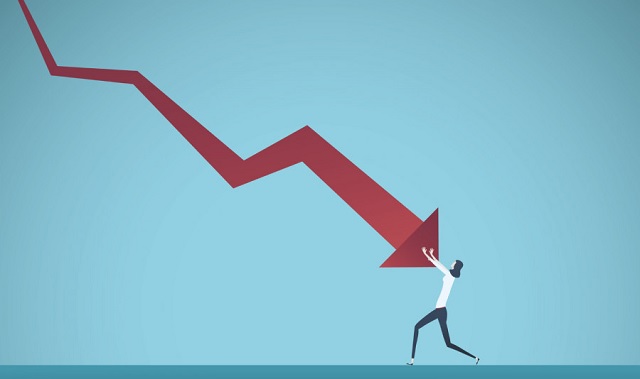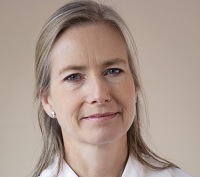
Only by understanding what is at stake can today’s businesspeople develop coherent and effective CSR strategies
COMMENT | VANESSA BADRE | Balancing corporate social responsibility (CSR), which implies a long-term vision of how businesses can contribute to the broader social good, with a company’s daily operations is a formidable task. To understand this dynamic, and the challenges that it poses, we would do well to ditch the spreadsheets and seek insight in a sixteenth-century Flemish Renaissance masterpiece: Landscape with the Fall of Icarus, attributed to Pieter Bruegel the Elder. Viewed from the right perspective, Bruegel’s portrayal of the ancient Greek myth of Daedalus and his son Icarus provides unique insights into the excesses of the market economy, as well as recent efforts to rein them in.
Imprisoned on the island of Crete, Daedalus constructs wings of wax and feathers for himself and his son. Despite his father’s instructions not to fly too high or too low, Icarus flies so close to the sun that his wings melt, and he falls into the sea and drowns (the painting depicts a pair of white legs disappearing into the water). The moral of the tale is straightforward: hubris can be fatal.
It is tempting to draw parallels between Milton Friedman and Icarus. Generations of business students have been bottle-fed the Friedman doctrine: the social responsibility of business is to maximise profits. The ideas of Friedman and the rest of the Chicago school of economics helped create the freewheeling capitalism of postwar Western economies. But the 2008 global financial crisis, coupled with rapid global warming, marked the end of the dominant consensus that “the business of business is business.”
Now, the ruthless pursuit of profit at all costs seems doomed to disappear like Icarus beneath the waves, one hand waving helplessly in the air. As Colin Mayer put it in his 2018 book `Prosperity: Better Business Makes the Greater Good’, “the social purpose of the company must be to find profitable solutions to the problems of our planet and its inhabitants.”
Bruegel’s painting also serves as a reminder of CSR’s aims. The plowman guiding the horse and digging a shallow furrow highlights the importance of sustainable agriculture, biodiversity, and companionship between man and animal. Meanwhile, the fisherman casting his line draws our attention to the sea – an important common good that should be cared for accordingly. Their modest efforts underscore that we cannot deplete the sources of our well-being, which must be accessible to and shared by all. This should remain at the forefront of our thinking as we take responsibility for the worsening climate crisis and pursue the radical changes needed to preserve the planet and prevent catastrophic global warming.
On Bruegel’s horizon, the sun illuminates ships transporting people and goods. Is it setting on the old world, or rising on a new one? The question forces us to contemplate who will steer our ship – the global economy – to calmer waters in the long term. In 2015, Mark Carney, then Governor of the Bank of England, explained in a speech in London that climate change “will be felt beyond the traditional horizons of most actors – imposing a cost on future generations that the current generation has no direct incentive to fix.” It is thus our responsibility to overcome what Carney described as “the tragedy of the horizon.”
Lastly, the shepherd peers up at Daedalus in the sky, seemingly transfixed by the possibility of flight. Neither he nor his dog, tied up at his side, is minding the sheep. The scene invites us to seek help from others to unleash the energies needed to protect the climate and preserve nature. It also highlights the challenge of balancing current concerns with aspirations for the future – a dilemma that has become more acute as corporations shift to new ways of doing business. When implementing these changes, we must avoid alienating our fellow citizens and potentially inciting unrest.
To be sure, interpreting a work of visual art almost always requires an understanding of its historical context. The social, political, religious, economic, and cultural settings of the period help us understand the work’s meaning. But, once presented to the public, art takes on a life of its own, because it belongs to us all. In that way, it can open a window that allows us to get a better view of the challenges of our own time.
Only by understanding what is at stake can today’s businesspeople develop coherent and effective CSR strategies. For corporate leaders who want to be good stewards of the social and environmental systems in which they operate, pondering Landscape with the Fall of Icarus is an ideal way to see the full picture.
*****

Vanessa Badré, a faculty fellow at American University, is a lawyer and art historian.
Copyright: Project Syndicate, 2024.
 The Independent Uganda: You get the Truth we Pay the Price
The Independent Uganda: You get the Truth we Pay the Price


